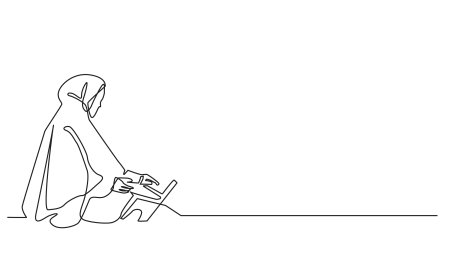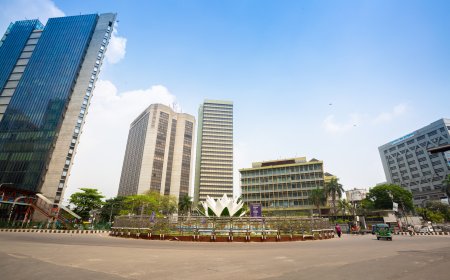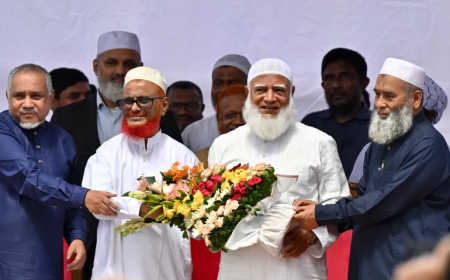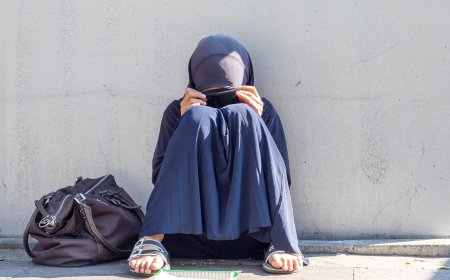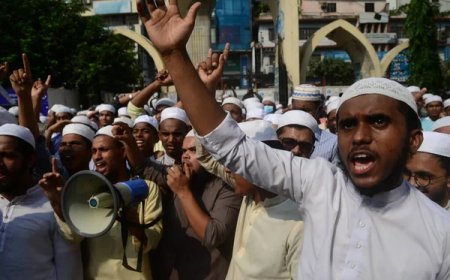The July Charter is a Paper Shield
We need to close loopholes for unilateral amendments to the Constitution, otherwise the July Charter will not be worth the paper it is written on

The July Charter was supposed to be a roadmap for preventing the constitutional authoritarianism that has plagued our country repeatedly since 1972. More than twenty parties endorsed it on October 17 at the South Plaza of Parliament, with headlines promising a “new Bangladesh.”
Yet beneath the ceremony lies a fatal ambiguity: will constitutional change still be possible unilaterally? If that door remains open, everything else in the Charter can be undone the moment one party has the numbers. That would make the Charter a paper shield.
The final draft of the Charter carries dozens of dissent notes -- some added at the last minute -- including crucial objections from the Bangladesh Nationalist Party (BNP) to both the design of a proportional representation (PR) Upper House and its legislative power to prevent partisan amendments to the Constitution. Those dissents go to the heart of whether any future government can push through constitutional amendments on its own and reverse any of the constitutional checks and balances proposed by the Charter.
Why does this matter so much? Because our current Article 142 lets a government amend the Constitution with a two-thirds vote of the Jatiya Sangsad. Under the first-past-the-post voting system in the lower house, that supermajority of seats can be won with well under a majority of votes. In 2001, for example, BNP took about 41% of the vote but won 193 seats on its own; with allies, it controlled 216 of 300 seats -- well above two-thirds. Awami League that year also polled about 40% but received only 62 seats. In 2008, Awami League secured 230 seats with around 48% of the vote -- still less than a majority. This seat–vote imbalance is not a hypothetical quirk; it is our lived history.
This seat-vote distortion has been the tinder for every major post-1990 political crisis. A government winning a landslide in seats can then change the rules of the game for all with less than a simple majority of the popular vote. The most consequential example was the 15th Amendment in 2011, which abolished the non-party caretaker system, leading to the rigging of three elections and steering the country toward a fascist dictatorship.
Thousands of people sacrificed their lives to finally depose Hasina from power. But Hasina and Awami League were not the first to take advantage of loopholes allowing partisan amendments to the Constitution.
After securing a two-thirds majority, BNP and its allies pursued the 14th Amendment to raise the retirement age of Supreme Court judges so they could install their preferred candidate as the head of the upcoming election-time caretaker government. This resulted in a subsequent political crisis -- Awami League’s notorious “logi-boitha” movement -- and the formation of the so-called 1/11 government.
The constitutional reform commission’s proposed safeguard against this vicious cycle is bicameralism with a PR-elected Upper House and -- critically -- an amendment lock that requires consent from two-thirds of the members of that chamber. Because it has historically been difficult for any party or alliance to win a supermajority of votes, this requirement would make unilateral amendments extremely unlikely. It would give Bangladesh a more stable democratic structure in which no party can manipulate the rules of the game to its advantage.
BNP’s recorded dissents cut directly against this lock. Despite the support of more than 95% of registered political parties for the proposed reform, BNP opposed the PR design of the Upper House and opposed giving the Upper House any legislative power relevant to preventing unilateral constitutional amendments.
The consensus commission later lowered the cutoff for amendments to only a simple majority in the PR Upper House. Yet BNP has not changed its position in the consensus commission and has placed a note of dissent arguing that the Upper House should have no legislative role in constitutional amendments and that amendments should proceed exactly as before.
The July Charter has been signed with this BNP note of dissent attached. Therefore, if BNP comes to power -- which is the likely scenario -- this reform proposal will most likely not be implemented.
That would return us to the old system, where any party can amend the Constitution with a two-thirds majority in the first-past-the-post (FPTP) lower house -- something that has historically been achievable with as little as 40% of the popular vote.
In that world, none of the other constitutional reforms are truly protected so long as amendments can be done on a partisan basis. It would render the July Charter largely worthless and leave Bangladesh at risk of renewed political conflict in the future.
What's Your Reaction?







